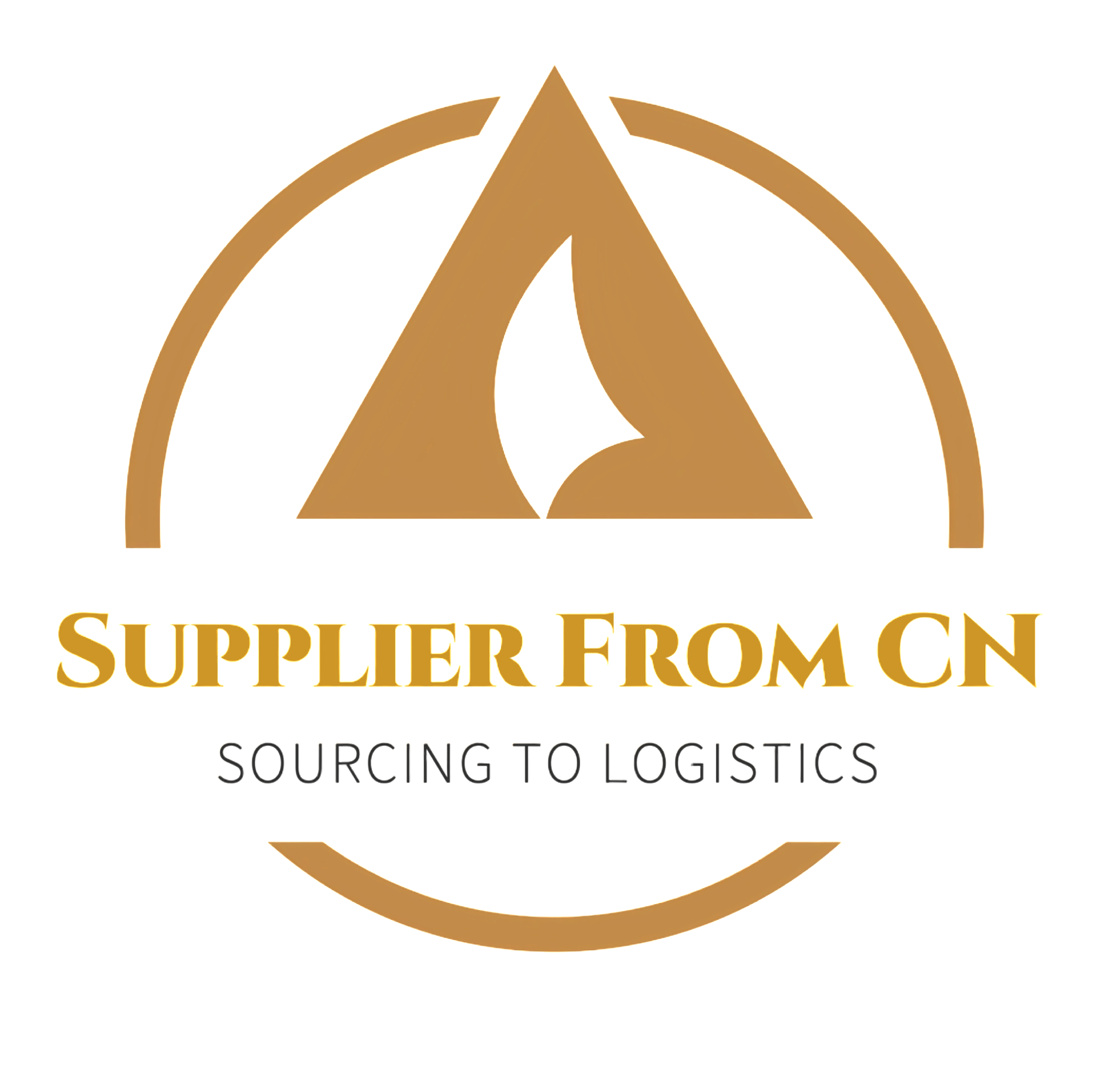(H1) The Value of an ISO 9001 Audit for Chinese Factories: Beyond the Certificate
When sourcing from China, seeing that a factory has an ISO 9001 certificate is reassuring. It's a badge of quality that many buyers look for. But what is the real value of that certificate? Is it a genuine commitment to quality, or just a piece of paper for marketing?
As a procurement agent with over a decade of experience in Guangzhou, SFCN has seen both scenarios. The true value lies not in the certificate itself, but in the robust Quality Management System (QMS) it represents and the ongoing audit process that validates it. For international buyers, understanding this distinction is critical for mitigating risk.
ISO 9001: More Than a Certificate – It's a Framework for Consistency
The core purpose of ISO 9001 is to ensure that a factory can consistently provide products and services that meet customer and regulatory requirements. It's about implementing a system of processes that lead to continuous improvement.
For a Chinese factory, a meaningful ISO 9001 certification should deliver:
Standardized Processes: Every task, from sourcing raw materials to final inspection, follows a documented procedure. This reduces variability and errors.
Strong Supplier Control: The factory must manage its own sub-suppliers effectively, ensuring incoming materials meet specifications.
Effective Corrective Actions: When a defect occurs, the system requires root cause analysis and actions to prevent recurrence, rather than just fixing the immediate problem.
Management Commitment: Top management is involved in reviewing the system's performance, ensuring quality is a strategic priority, not just an operational issue.
The Audit Itself: The Key to Unlocking the Value
The certificate confirms the system exists. The audit confirms it works. A proper ISO 9001 audit (especially when conducted by a third-party like SFCN) assesses:
Documentation Review: Are procedures well-documented and accessible?
Implementation Evidence: Is there proof that staff actually follow these procedures in their daily work?
Record Keeping: Does the factory maintain accurate records for inspections, tests, and non-conforming products? This is crucial for traceability.
Internal Audit Mechanism: Does the factory conduct its own internal audits to proactively find and fix gaps?
The Direct Value for You, the International Buyer
Partnering with an ISO 9001-certified factory that maintains its system through regular audits provides tangible benefits:
Reduced Product Defects: A proactive QMS prevents problems before they occur, leading to higher quality goods and fewer costly rejections.
Improved On-Time Delivery: Efficient, standardized processes streamline production, reducing delays.
Easier Communication: Clear procedures and records make it simpler to discuss requirements and resolve issues with the factory.
Long-Term Partnership Stability: A factory committed to continuous improvement is a stable, reliable partner for years to come.
Risk Mitigation: It significantly lowers the risk of quality failures that can damage your brand and bottom line.
A Word of Caution: Not All Certificates Are Equal
It's an open secret that some factories obtain certificates through "consultants" who focus more on creating paperwork for the audit than on implementing a living, breathing system. The system looks good on paper but falls apart in practice.
How SFCN Adds a Layer of Assurance
This is where our expertise becomes invaluable. When we work with a factory that claims ISO 9001 certification, we go beyond checking the certificate on the wall.
Our supplier vetting process includes:
Verifying the Certification's Authenticity: We check the issuing body and the scope of the certification.
Conducting a Practical QMS Audit: We observe if the documented processes are actively followed on the production floor. We interview quality managers and line workers to gauge their understanding and commitment.
Focusing on Outcomes: We look for evidence that the system is working – low defect rates, effective corrective actions, and satisfied customers.
Conclusion: Value Lies in Verified Implementation
An ISO 9001 certificate is a valuable starting point, but it should not be the end of your due diligence. Its true worth is realized only when the principles are deeply embedded in the factory's culture and operations.
Don't just take their word for it. Verify the system with SFCN.
[Contact SFCN today] to discuss how our supplier audit and quality management services can help you identify Chinese manufacturing partners who don't just have a certificate, but who deliver genuine, consistent quality.
